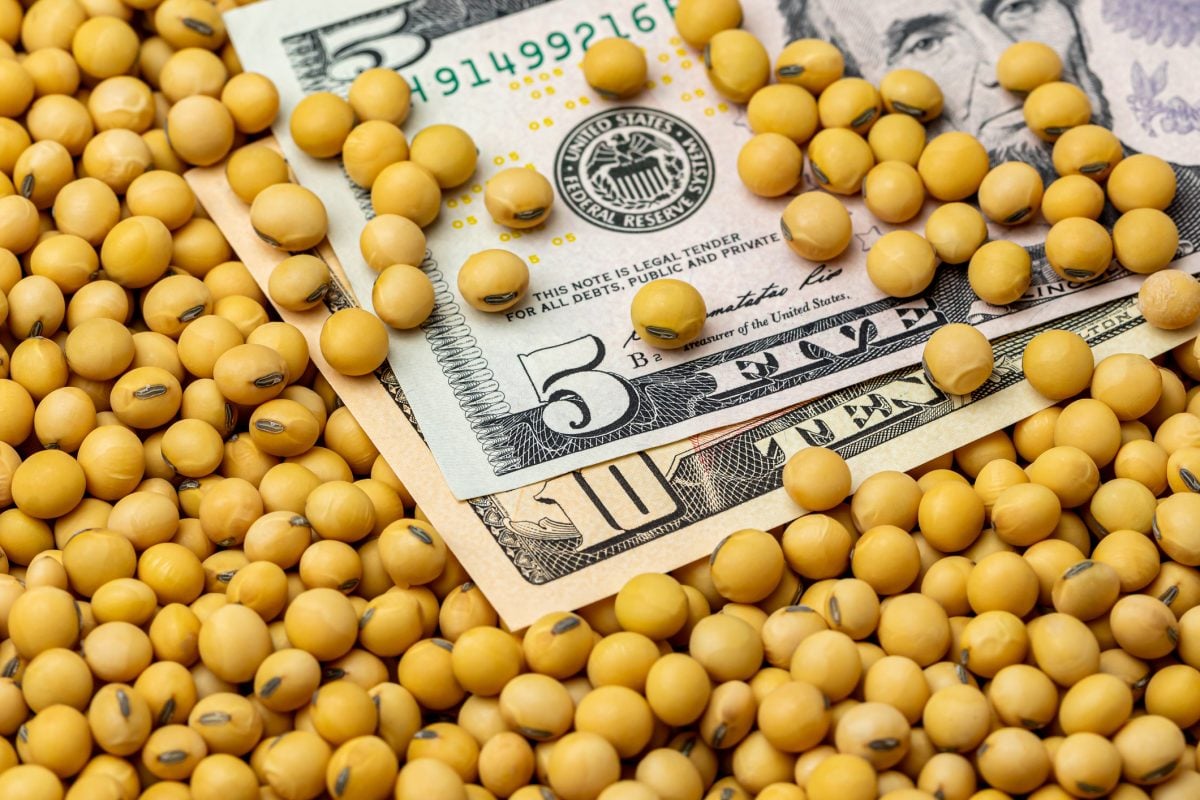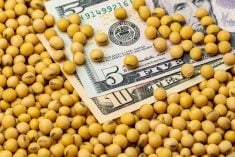Kenya has proposed exempting staples maize and bread from taxes under a proposed law that has fanned widespread discontent but consumer groups say the concession is not enough.
The law re-introducing a 16 per cent value-added tax (VAT) on most foods has further inflamed discontent at a time when teachers are in their second week of a nationwide strike demanding higher housing, medical and transport allowances, while other civil servants including the police are clamouring for higher pay.
A statement from the presidency on Wednesday said maize flour and bread would remain zero-rated, a day after protesters marched to parliament demanding the government scrap the plans.
Read Also

U.S. grains: Soybeans set 15-month high on U.S.-China trade deal hopes
Chicago soybean futures reached their highest in 15 months on Tuesday, briefly topping $11 a bushel on optimism that the U.S. could reach a trade deal with China as leaders from both countries are expected to meet in South Korea on Thursday.
Finance Minister Henry Rotich said last month that he would re-introduce the tax, exempting only raw food items.
President Uhuru Kenyatta, who came to office in April promising to lift millions out of poverty and create jobs in east Africa’s biggest economy, met members of parliament drawn from his Jubilee coalition over the proposed VAT law, where it was agreed that maize flour and bread be exempted.
“A successful amendment (of the proposed law) will ensure these vital commodities continue to be zero-rated,” the statement said.
But Stephen Mutoro, secretary general of the Consumers Federation of Kenya, says the new tax will fan inflation now at five per cent and that the move was “too little, too late.”
“The definition of food goes beyond maize flour and bread,” Mutoro told Reuters.
Milk, rice, wheat and other processed foods would still attract taxes, he said, promising further protests.
Opinion pollster Ipsos Synovate found 86 per cent opposition to the VAT move in a survey last month.
Most luxury goods are already subject to VAT, as are alcohol, cigarettes and mobile phone air time.
The exemption of the two items would have a “minimal” impact the Treasury’s aim to raise cash to help plug a budget deficit of around 330 billion shillings (US$3.8 billion), finance secretary Rotich said.
VAT would be used for spending including paying for health, education and was not meant to “target the poor”, Rotich told Reuters.
— James Macharia is Reuters’ East Africa deputy bureau chief in Nairobi, Kenya.











